As American as apple pie and baseball, the backyard grill is an essential component of summertime cooking with family and friends.
It also presents potential home grilling safety issues that everyone should be aware of and avoid for the safety of the home and people.
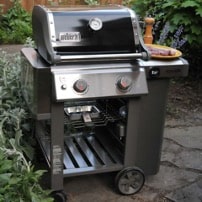
- According to the Consumer Product Safety Commission (CPSC), misuse or malfunction of home Propane Grills cause over 500 fires per year. When using propane grills, consider the following to minimize the safety risk:
- Location: propane grills should be placed at a safe distance away from any home, structure or combustible materials and should NOT be used on any roof, terrace, or balcony.
- 1st use of the season: if your grill hasn’t been used for an extended period, it is more likely to have developed issues. Conduct a thorough inspection of all components prior to firing it up.
- Connections: check all connections to confirm they are tightly secured and not leaking.
- Leak detection: if you suspect a leak in the tank, hose, or connections, spray a solution of soapy water (3 tablespoons of dish detergent per 1 quart of water) on the suspected area(s) and check for bubbles which indicate a leak. If after tightening connections the bubbles still appear, replace the defective parts before using the grill.
- Igniting the grill: always do so with the lid open to minimize the risk of accumulation of propane, and a possible explosion, with a closed lid
- After grilling: turn off the gas at the tank first, and then turn off the grill controls to allow residual gas in the line to dissipate.
- Tank storage: should be outdoors, away from the grill or other hot area, such as sheds or the trunk of your car.
- Tank valve: should be turned completely off after grilling and when changing the tank.
- Tank condition: don’t use a tank if you suspect any damage to the tank or valve.
- Tank inventory: generally, homeowners aren’t permitted to store more than two 20-pound propane tanks on the property of a residence.
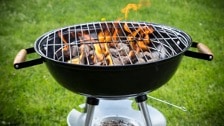
- Home grilling safety risks associated with Charcoal Grills include fires and carbon monoxide (CO) poisoning. To minimize these risks, remember the following:
- Location: Charcoal grills should be placed at a safe distance away from any home, structure or combustible materials. They should NEVER be used indoors, regardless of how well ventilation you believe the area is. Unsafe levels of CO can accumulate and go undetected causing illness or death.
- Balconies and terraces: at least 10’ of clearance should be provided between a charcoal grill and the building. A source of water (hose/bucket) should also be available in the event of a fire.
- Charcoal depth: for best results, spread a single layer of charcoal over the base of the grill.
- Starter fluid:
- should only be used to start the fire and should never be added to already burning coals to avoid excessive flaming and/or having the flame follow the fluid back to the container.
- should be allowed to fully soak into the charcoal for at least a minute before igniting to allow explosive vapors to dissipate.
- use caution to avoid errant contact of fluid with your clothing or hands.
- should be a safe distance away from the burning grill.
- Grill cleaning: never attempt to remove or dispose of charcoal ashes until you’re sure they’ve completely cooled. Only dispose of ashes in metal (not plastic) containers with a lid, adding water as an extra precaution.
- Always follow the manufacturer’s instructions.
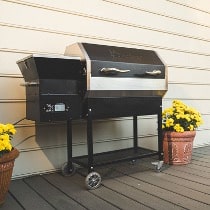
- Pellet Grills provide additional options for homeowner grilling, including the variety of wood types to add different flavors, as well as “slow and low” meat-smoking processes. When grilling or smoking with a pellet grill, the following safety precautions should be considered:
- Location: pellet grills should be placed at a safe distance away from any home, structure or combustible materials.
- Pellet storage: keep wood pellets stored in a dry condition and do not use your grill or smoker in the rain.
- Ventilation: only use your pellet grill in a properly ventilated area with the grill chimney open.
- Electrical source: don’t expose cords to water or other liquid and visually inspect them for damage and wear before you start grilling or smoking. Make sure electrical cords are secured to not present a tripping hazard. Connect to a ground fault interrupter to avoid damage to your grill or smoker. The control knobs should be turned to the off position before plugging in or unplugging the cord.
- Operating temperature: although known for their ability to achieve a steady and precise temperature over an extended period, be sure to check on your grill or smoker periodically during use to confirm it is operating as intended.
- Cleaning: only clean your grill when it has cooled down completely, disposing of any residual ash in a covered, non-combustible container.
- Always follow the manufacturer’s instructions.
- While generally less common, Electric Grills are a relatively safer option than propane or charcoal grills. However, the following safety precautions should be taken when using them:
- Location: electric grills should be placed at a safe distance away from any structure or combustible materials.
- Starter fluid: Never use starter fluid with an electric grill.
- Electrical source:
- If an extension cord is used, confirm that it meets the amperage requirements of the grill.
- Unplug the cord when the grill is not in use.
- Make sure not to expose cords to water or other liquid and visually inspect them for damage and wear before you start grilling.
- Always follow the manufacturer’s instructions.
General Safety Recommendations for Grilling
- Location:
- Start, operate, and cool-down your grill in a safe place, where kids and pets are less likely to inadvertently touch or bump into it.
- Place your grill on a flat, non-combustible surface and with adequate clearance from structures and trees or shrubs.
- Your grill should be in an easily supervised area, particularly when there are kids around.
- Maintenance: clean the grates and remove accumulated grease and other debris regularly. Monitor for rust or other signs of deterioration.
- Fire-prevention:
- If you use a lighter, make sure you don’t leave it lying around where children can reach it.
- Don’t wear loose clothing that might catch fire while you’re cooking.
- Use long-handled barbecue tools and flame-resistant oven mitts.
- Keep alcoholic beverages away from the grill; yes, they are flammable!
- Keep a fire extinguisher or garden hose nearby.
- Ensure that the grill is completely cooled before moving it or placing it back in storage.
Thinking about, planning and implementing some basic, common-sense precautions can help ensure an enjoyable and satisfying grilling experience.
An annual home maintenance inspection is a great way for another “set of eyes” to identify potential problems related to this and other aspects of a home’s structure, systems, and functionality. Contact Acuity Home Inspections today to schedule yours!
